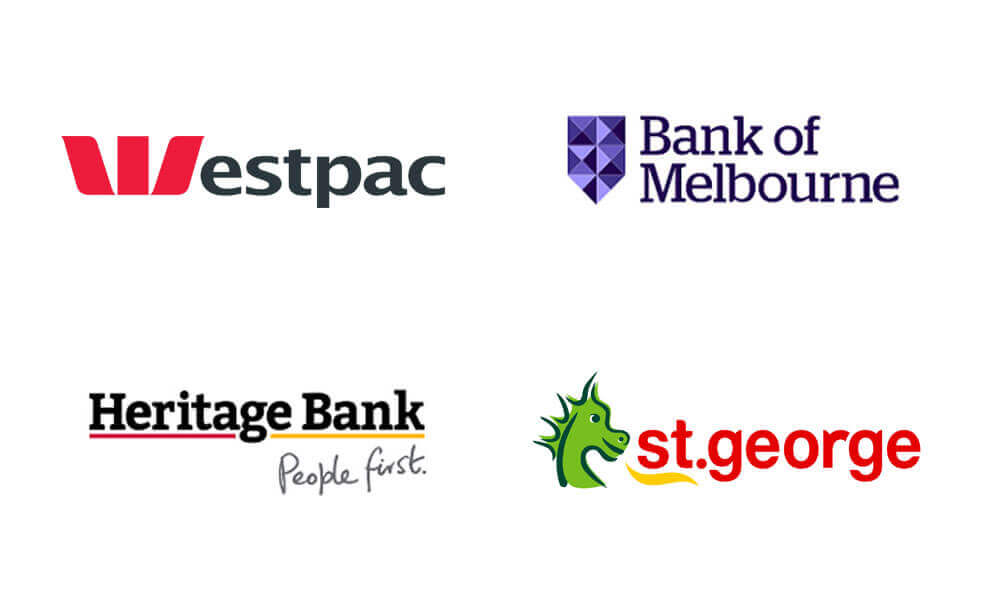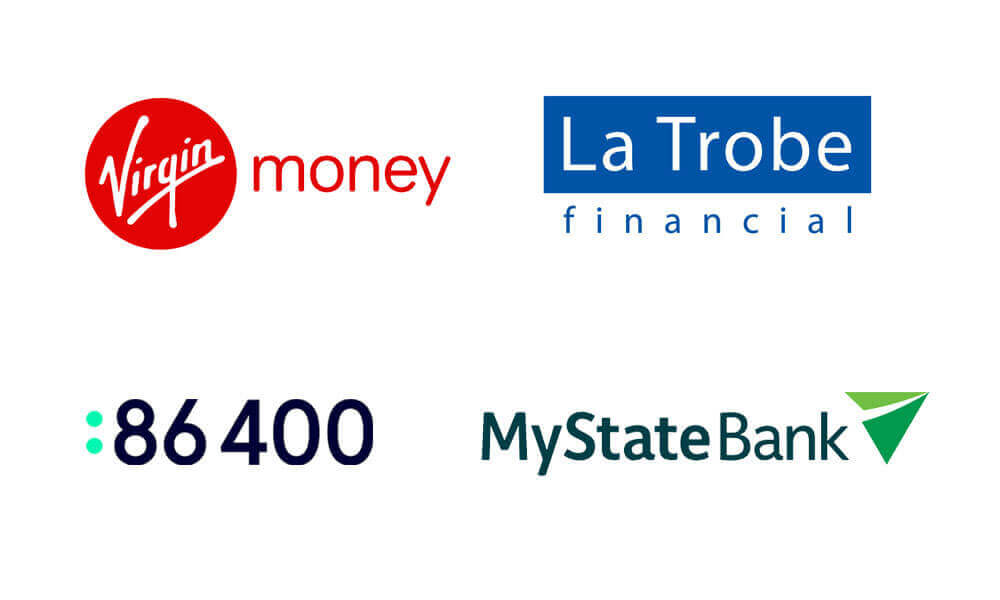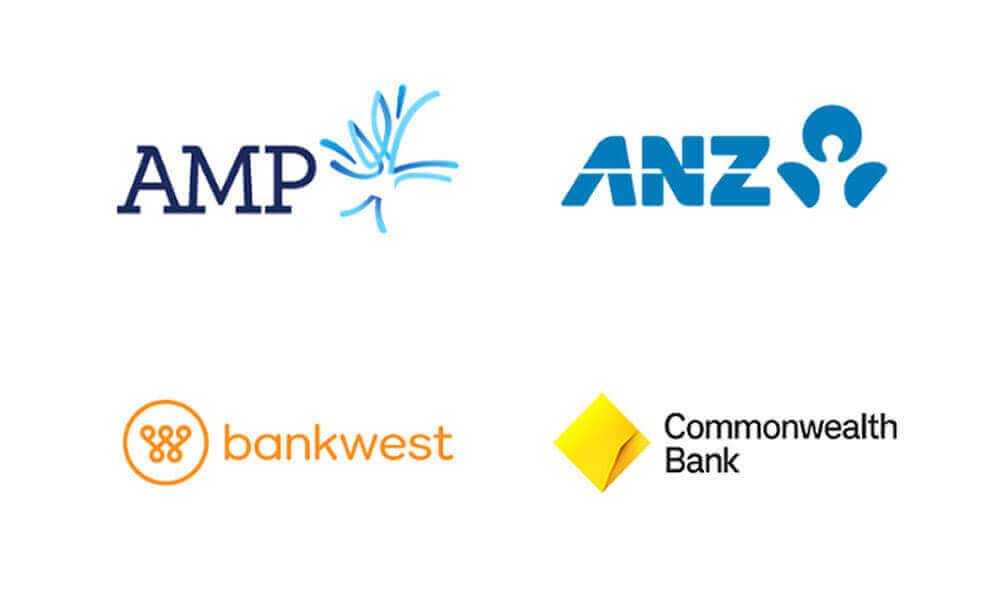
Exit costs when refinancing
Refinancing can be a great way to save money if you believe you are paying…

As the end of the financial year nears, it’s the perfect time to pause and evaluate your financial health — starting with your home loan. Whether it’s for your own home or an investment property, now’s the moment to assess your financial position, review your mortgage structure, and ensure your loan is still working in your favour.
Interest rates change. Life circumstances evolve. New loan products enter the market. What suited you a few years ago may no longer be the right fit. That’s why reviewing your loan every two to three years is key to staying financially fit. Below, you’ll find practical tips and guidance to help you get on top of your loan this EOFY.


It’s easy to set and forget your home loan — but leaving it untouched for years can slowly erode your financial wellbeing. As part of your end-of-year reset, ask yourself these important questions:
✅ Are you paying for features you don’t use?
Offset accounts, redraw facilities, cheque access — they can be valuable, but only if you’re actually using them. Otherwise, you may be paying for extras you don’t need.
✅ Has your financial situation changed?
Whether your income, expenses, job, or family situation has shifted, your mortgage should reflect your current lifestyle — not your past one.
✅ When was your last property valuation?
If your property’s value has increased, you might have equity sitting idle. That equity could be used to renovate, consolidate debts, or improve cash flow.
✅ Are you satisfied with your lender’s service?
Poor service, slow communication, or indifference from your lender are warning signs. If you’re not being treated like a priority, it may be time to explore better options.
✅ Are fees and restrictions holding you back?
Watch for hidden redraw fees, monthly charges, or limitations on making extra repayments. A flexible loan should support — not hinder — your financial goals.
If these questions raise doubts or you’re unsure of the answers, it’s a great time to speak with a Broker. A 1st Street Broker can help you review your loan, compare products from multiple lenders, and ensure your mortgage continues to support your broader financial goals.
If you own an investment property, there are extra steps to take as tax time approaches. Here’s a quick checklist to help you prepare and maximise your returns.
The ATO’s 2025 Tax Time Toolkit for Investors outlines what you can and can’t claim. Common deductions include:
Your accountant will need accurate records, so ensure everything is up to date. Ideally, you’re using a digital record-keeping system — no more shoeboxes of receipts!
Expecting to be in a higher tax bracket this year? Pre-paying expenses like insurance or interest before June 30 can bring forward deductions into this financial year.
If tenants have defaulted on rent, you might be able to write it off as a bad debt. This can help lower your taxable income — just check with your accountant.
If you sold a property this financial year, plan for the CGT liability. Held the asset for over 12 months? You could be eligible for a 50% discount.
If your property contains depreciable assets like appliances or fittings, you can claim a deduction for their decline in value. A quantity surveyor can prepare a depreciation schedule to identify all eligible deductions — a worthwhile investment.
Assess your properties’ performance over the past year:
This can help identify strong performers and flag underperforming assets that may need rethinking.
With two cash rate cuts already this year and more movements likely, reviewing your investment loan could uncover opportunities to lower repayments or secure better terms.
Ready for the New Financial Year?
The tips above are general and not a substitute for tailored advice. Always speak to a tax professional about your specific circumstances.
If you’d like assistance reviewing your home or investment loan — or want to explore your options for the new financial year — we are here to help. Reach out for a personalised loan health check and take the next step toward stronger financial outcomes.

Refinancing can be a great way to save money if you believe you are paying…

The golden rule in real estate is “location, location, location”, but how do you know…
Yes, that’s right. You pay zero, zip, nada.
1st Street’s premium service comes at no cost to you! 1st Street is paid by the lender when your loan settles, however, this will not affect your interest rate or loan fees! It is often more cost-effective for a mortgage broker to process a loan rather than the lenders processing it themselves in-house. In fact, we often find that we can save you money by negotiating on your behalf.
Use our online calculators to work out how much you can borrow, loan repayments, stamp duty and lots more.






